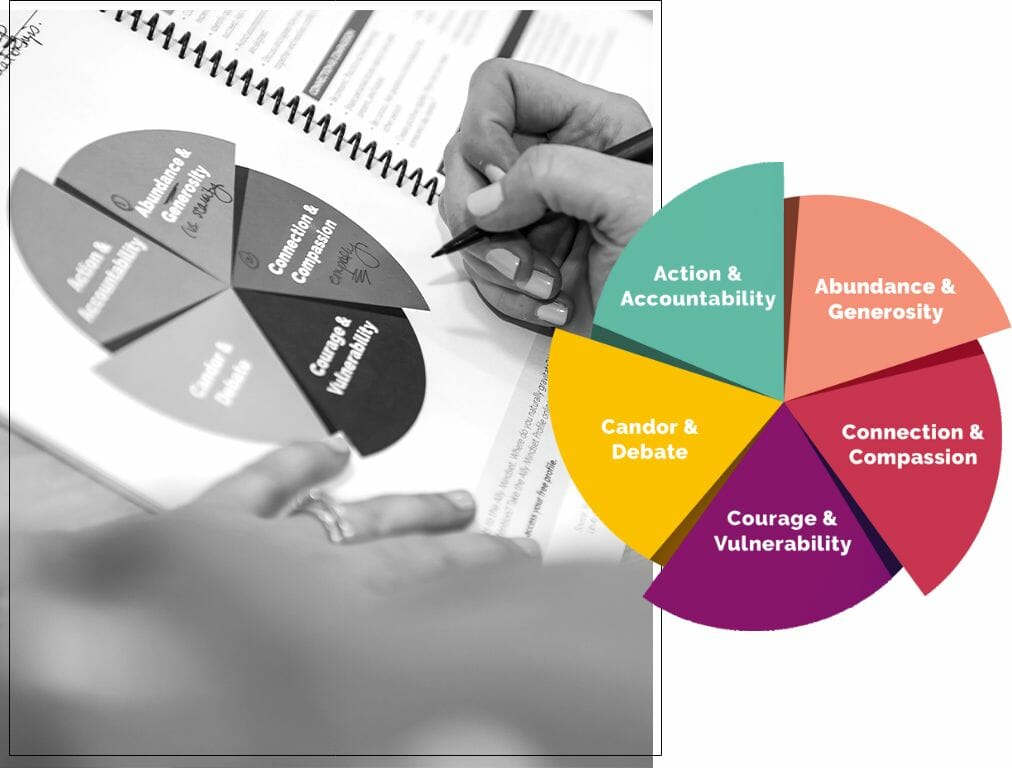The Good Stuff
Slightly addictive resources to help you build better relationships, improve your leadership skills, and find more joy in work and life
People
 First
First
With Morag Barrett
Explore the People Side of Successful Business and Careers
Join Morag as she interviews authors, business leaders, thought leaders, and people like you to uncover the latest ideas, resources, and tools to help you become more effective at work and in life through cultivating winning relationships.
The
Corporate
Bartender
With Eric Spencer and Lori Lantz
Support, Community, and Cocktails for HR and People Leaders
Join Eric, Lori, and an amazing group of people leaders from various industries as they share ideas and best practices, learn from their mistakes, and build connection between you and others who are facing similar issues. Expect great ideas, a lot of laughter, and a little bastion of sanity in an exceedingly complex world.

How’s Your
Ally Mindset™?
Explore your Ally Mindset™ profile with our compliments (how’s that for abundance & generosity?). Your free profile will identify your strengths and growth opportunities in the five essential practices of an Ally Mindset™ so you can better apply concepts from the book to your life and career.







